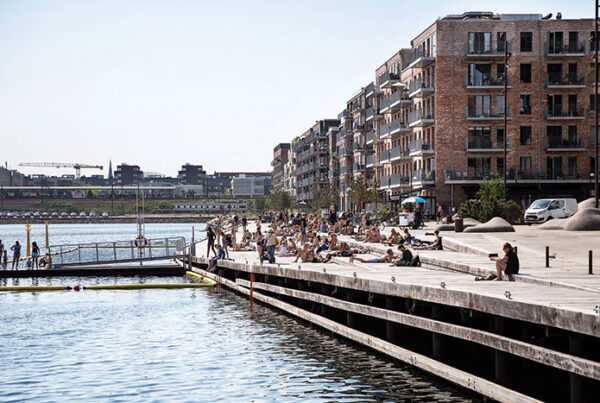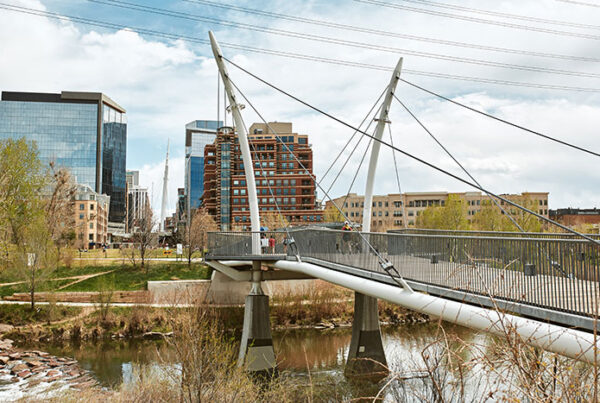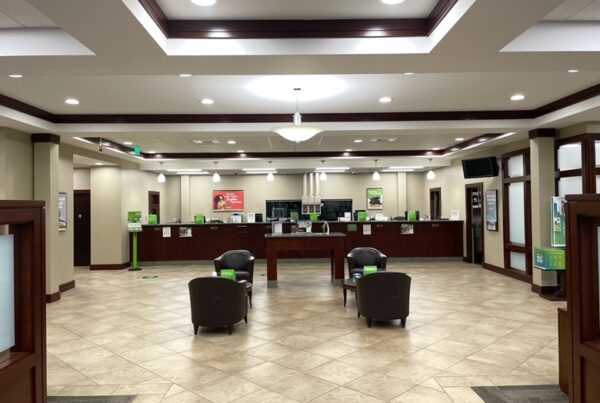A new ULI Chicago report seeks to focus the attention of policymakers on issues stemming from decades of disinvestment. The city needs to work long term on addressing racism, promoting diversity in housing, increasing jobs citywide, and investing in public works.
Chicago’s “legacy of a divided city” has created vast gaps in health and wealth, creating a “city that works” only for some, the report says.
“As a result, far too many Chicago neighborhoods are defined by negative news rather than actual experience and an understanding of the community,” the report says. “When the focus is primarily on reports of violence and vacancies, positive community attributes such as strong community networks, thriving local entrepreneurs, and untapped spending power can go unnoticed. The perception of risk becomes greater than reality, dampening interest from potential residents as well as lenders/investors.”
The report urges support of programs that interrupt cycles of poverty and violence, put vacant land back to use, and support community-based developers and small businesses. Another recommendation is that City Hall create the position of deputy mayor for infrastructure to prioritize projects such as water and sewer projects and expanding digital access.
The report drew on input from more than 60 participants in fields such as real estate, community development, and local government. It is intended to feed into a three-year planning initiative of Mayor Lori Lightfoot’s administration called We Will Chicago, conceived as a guide as the city recovers from the pandemic.
“ULI really wanted to bring people together and ask, ‘How do we lift this city up?’” after the shutdowns and violence of last year, says Scott Goldstein, principal at the design firm Teska Associates and a co-chair of the report’s section dealing with infrastructure. “It’s really a starting point, a way to put some ideas out there.”
Learn more about ULI’s work in Chicago at the 2021 ULI Fall Meeting.


